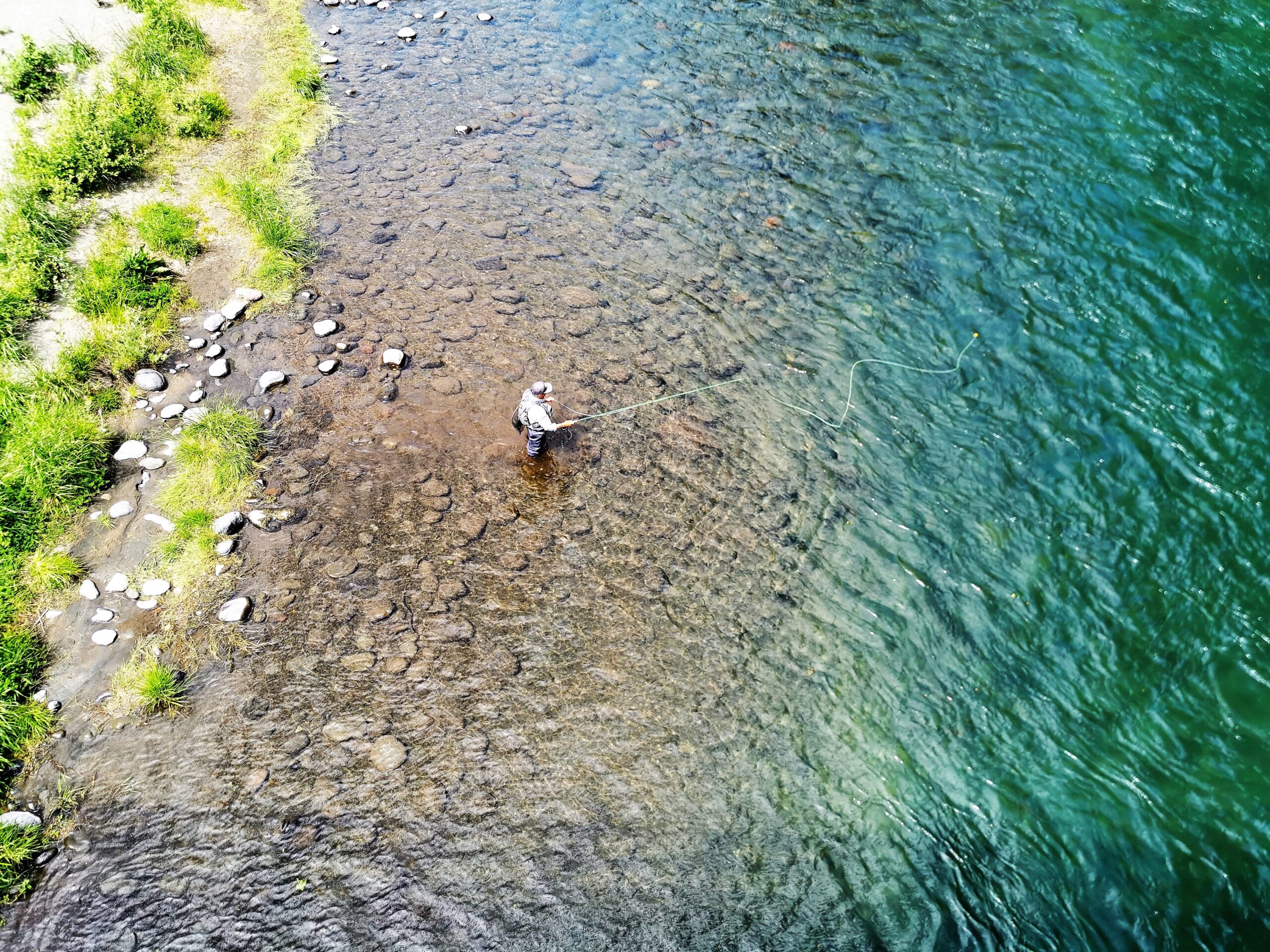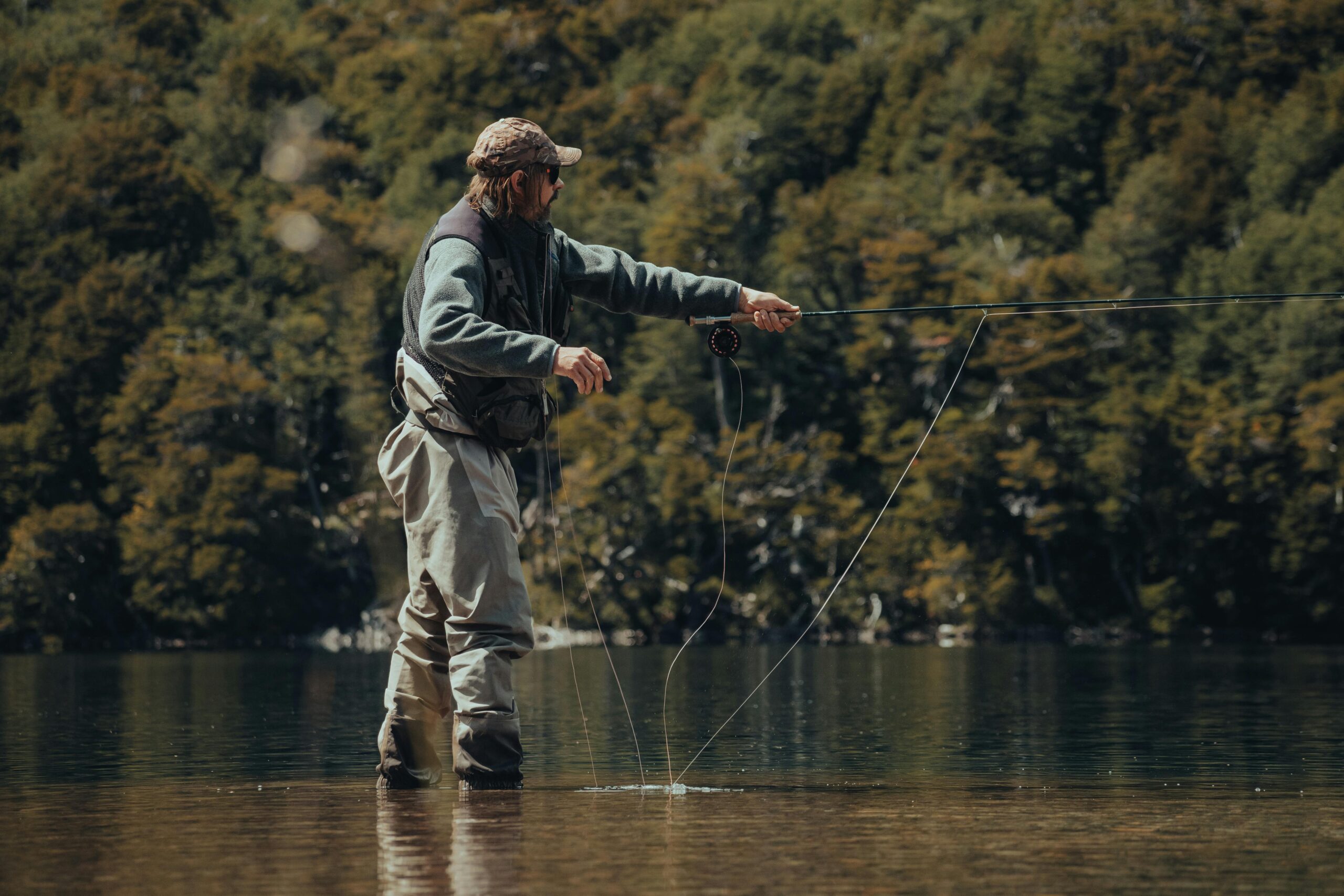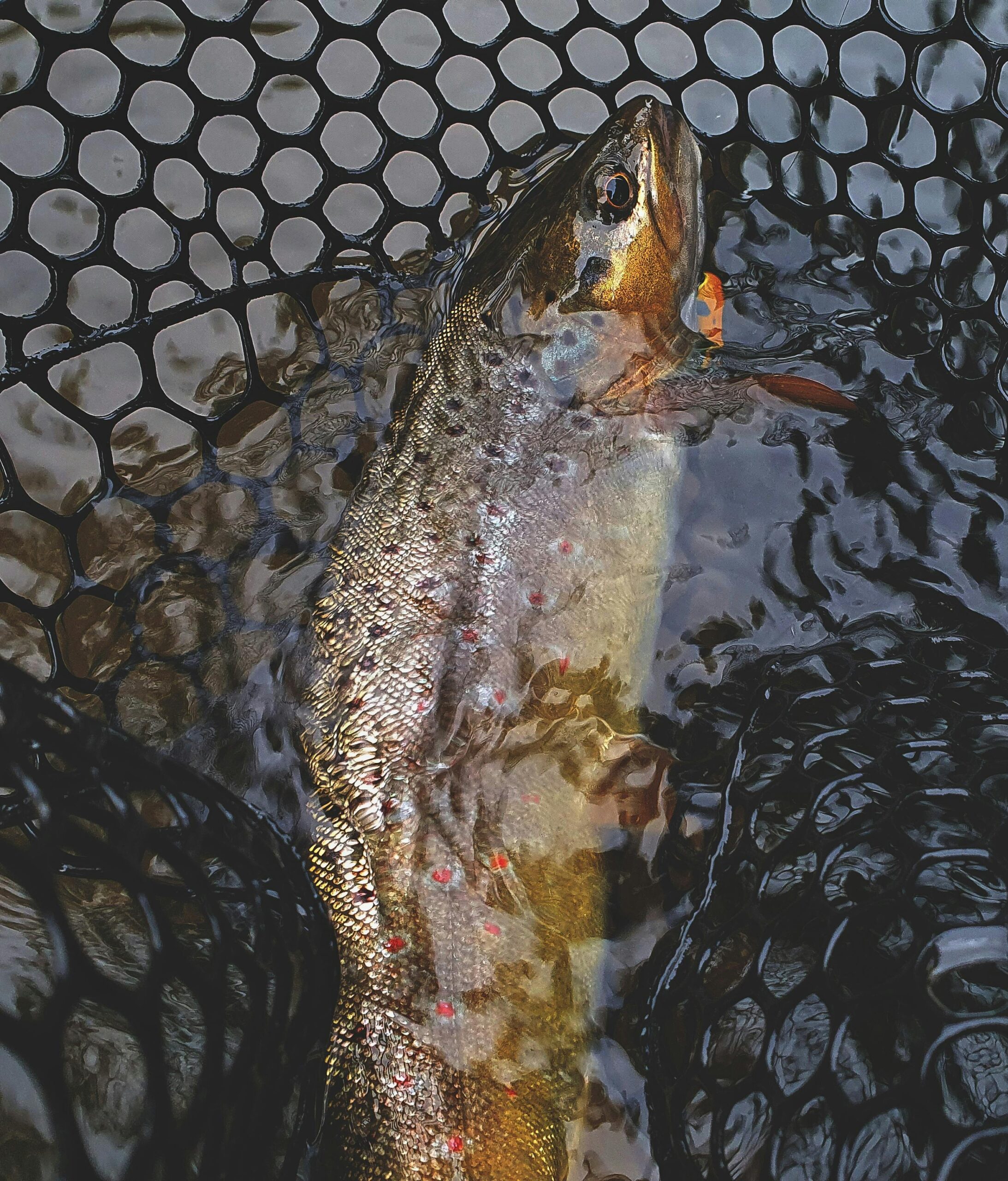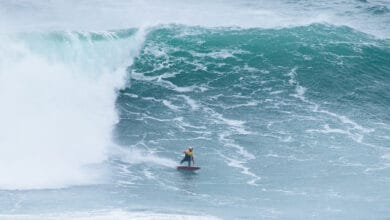
Supplied by Fish and Game NZ
Freshwater angling is not only popular among Kiwis and international visitors, but a major contributor to New Zealand’s economy and public wellbeing, according to new research.
The independent report by NZIER, commissioned by Fish & Game New Zealand, estimates that Fish & Game licence holders — both domestic and international — spend a total of between $113 million and $139 million annually on their angling trips.
This spending contributes $66 million-$81 million to New Zealand’s GDP and supports as many as 1,168 jobs across the country.

Beyond the economic impacts, the report highlights the significant positive impact of freshwater angling on physical and mental wellbeing.
Angling enhances self-reflection, reduces stress, and fosters deep connections to nature, family, and friends.
Richie Cosgrove, Fish & Game New Zealand acting chief executive officer, says the research reinforces the importance of recreational angling.
“This report confirms what anglers have known for years — fishing is good for the economy and great for people.
“Not only does it inject over $138 million into local economies and support jobs in communities up and down the country, but it also provides significant wellbeing benefits.
“With New Zealanders spending up to a million days fishing each year, it’s clear that freshwater angling is a vital part of our way of life.”

Findings from Sport NZ research further support the report’s conclusions, says Cosgrove. Sport NZ has estimated a social return on investment from recreational sport activity, such as angling, of $2.12 for every $1 invested.
Participation in weekly individual play, active recreation and sport activities, including freshwater fishing, is associated with a wellbeing value of $926 per person per year.
UK research has also found that individuals who fish regularly are nearly 17 per cent less likely to report mental health concerns compared to those who fish less often.
“We want more New Zealanders to have the opportunity to benefit from going fishing,” says Cosgrove.
“This report shows why protecting and investing in our rivers, lakes, and streams is so important — not just for the environment, but for the economy and the wellbeing of our communities.”
Key findings from the report and wider research show that:
- New Zealanders and international visitors spend up to a million days fishing each year, which averages to around 3,000 people participating in freshwater angling every day.
- Fishing trips contribute between $113 million and $139 million annually to the economy.
- Recreational angling supports around 1,168 jobs nationwide.
- 88.4 per cent of anglers say relaxation and unwinding are key motivations for fishing.
- Wellbeing impacts included:
· Enhanced mental health outcomes and lower prevalence on mental health diagnoses
· Greater benefits associated with nature-based recreation compared to urban
· environments
· Increased quality of life and increased life expectancy from physical exercise









